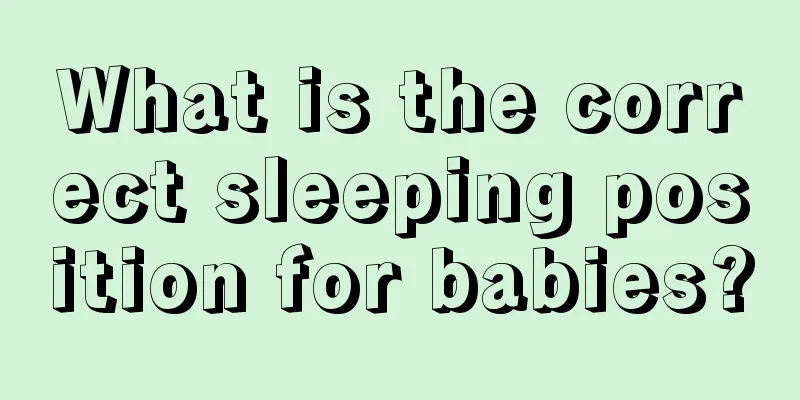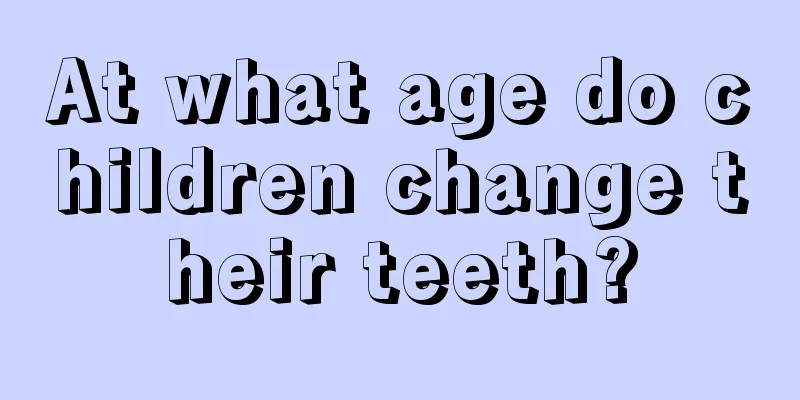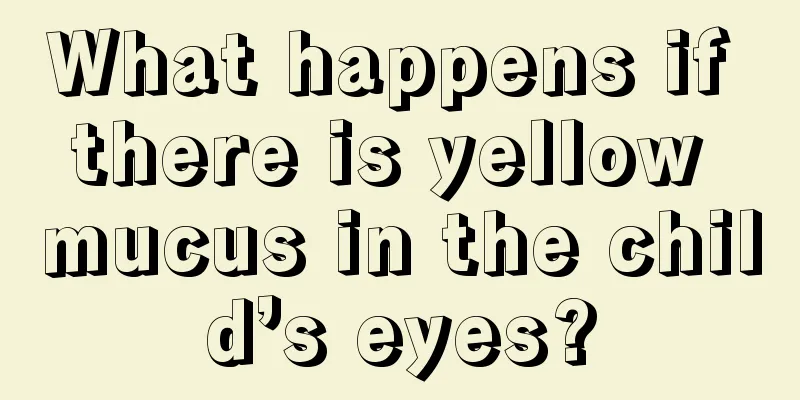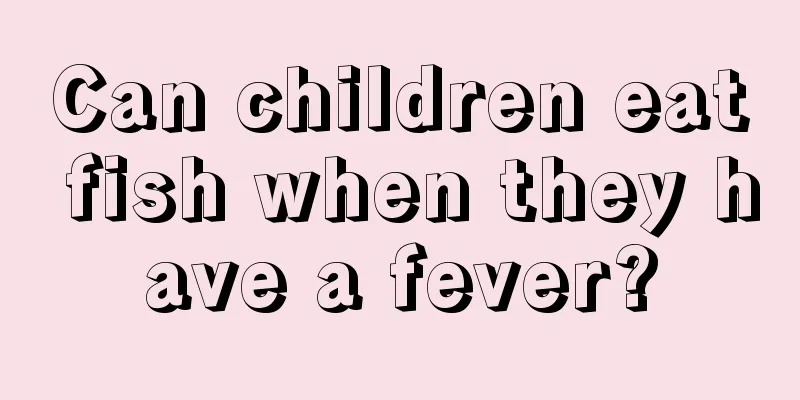Symptoms and gait of hypertonia in children
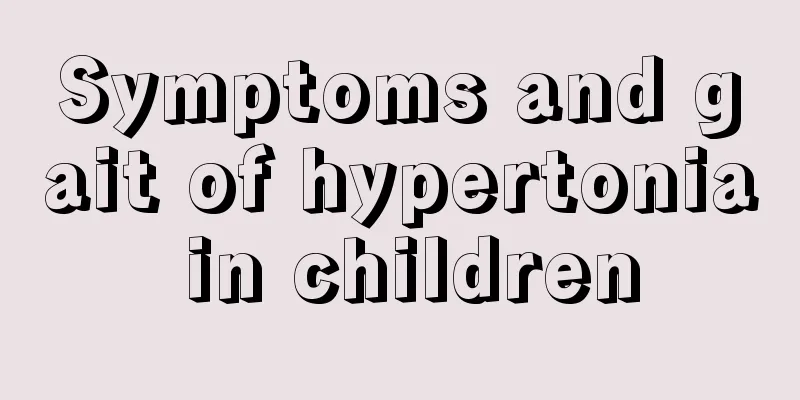
|
When it comes to the medical condition of "hypertonia in children", many people don't know much about it, and there are generally few such cases around us. But when it comes to its manifestations and walking gait, I believe everyone is familiar with it. Below we will share with you what "hypertonia in children" is, what are its symptoms, and what its gait performance is like. You can pay attention to this information. Children's muscle tone is the basis for maintaining various body postures and normal movements, and manifests itself in various forms. When a person lies down to rest, the tension in the muscles of various parts of the body is called resting muscle tension. When the body stands, although there is no obvious muscle contraction, the front and back muscles of the body also maintain a certain tension to maintain the standing posture and body stability, which is called postural muscle tension. The tension of muscles during exercise is called motor muscle tension, which is an important factor in ensuring continuous and smooth muscle movement (without tremors, twitches, or spasms). High muscle tone is manifested as the lower limbs being extended, adducted, crossed, and scissor-shaped. 1. Symptoms Children with high muscle tone are more irritable, startled by sounds, cry continuously, have difficulty falling asleep, have difficulty inserting their arms into sleeves when dressing, have difficulty opening their fists when bathing, and their whole body immediately becomes stiff when their lower limbs touch the corners of the bathtub or the water surface. Children with high muscle tone have their lower limbs extended, adducted and crossed, forming a scissor shape. 2. Main gait performance 1. Duck gait When walking, the patient holds his back high and his belly protrudes, and his hips sway from side to side like a duck. This is a sign of progressive malnutrition, and can also be seen in rickets and congenital dislocation of the hip. 2. Scissor gait The legs are stiff, the feet are crossed inward, and the knees are close together like scissors. The walking gait is small and slow, and the patient often walks on tiptoe like a ballet dancer. It is seen in bilateral brain or spinal cord lesions, such as cerebral palsy or familial spastic paraplegia. 3. Rooster gait When standing, the thighs are close together, the calves are slightly separated, and the feet are standing on tiptoes. When walking, they walk on pointe like a ballet dancer. Seen in spinal cord lesions, such as inflammation, paraplegia, etc. Above we have a certain understanding of "high muscle tone in children". When children are easily frightened and easily excited, take a long time to sleep, especially when their fists are clenched and difficult to open, and their bodies are stiff, we should pay attention to whether they have this disease. Of course, if they have duck, scissors, rooster or other gaits when walking, they should go to the hospital for examination and treatment immediately. |
<<: What to do if your baby has bad breath
>>: Treatment of muscular dystrophy in children
Recommend
How much water should a three-month-old baby drink every day?
The body of a baby is very fragile, and its resis...
Treatment for blisters on the tongue in children
The physical health of children is an issue that ...
Baby sweats while sleeping
For some babies, sweating is a normal physiologic...
Is it normal for deciduous teeth to have roots?
When children reach the age of five or six, their...
About the dietary treatment of wind-heat cold in children
Children are very susceptible to wind-heat colds ...
Why is the child's flesh not firm?
During the growth stage, babies need to go throug...
My baby has a lot of phlegm and coughs. What are the methods to expel the phlegm?
Infants and young children usually have poor immu...
How to treat children with autism?
In recent years, people have become more and more...
What to do if your child's fingers turn white
It is a very common thing for children to have wh...
Which newborns need fundus examination?
In developed countries such as Europe and the Uni...
What should I do if I am allergic to a vaccination?
Getting vaccinations may seem like a hassle, but ...
What should I do if my baby cries while swimming?
Summer is here, and all parents like to take thei...
Seven-year-old girl has secretions in her underwear
If a seven-year-old girl has secretions in her un...
What are the reasons why babies cry before going to sleep?
It is very common for babies to cry before going ...
Why do children's hair grow fast?
Many people have found that their children's ...
